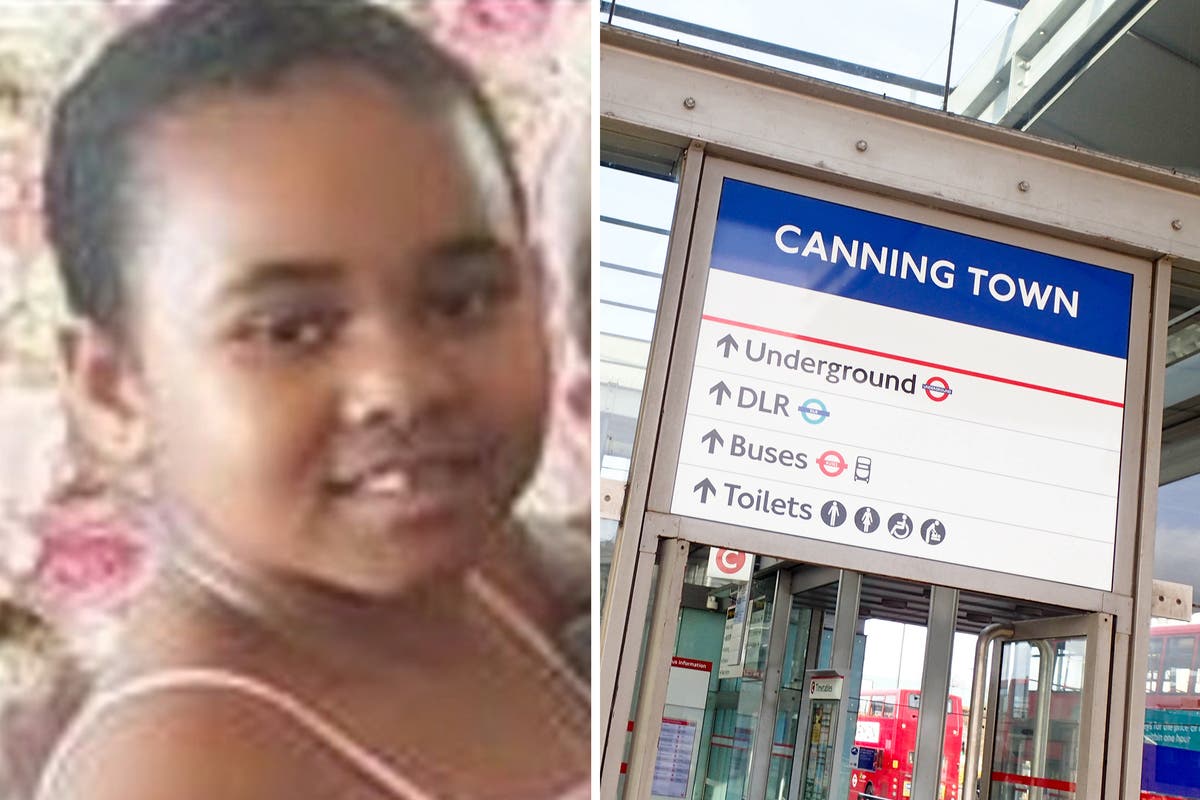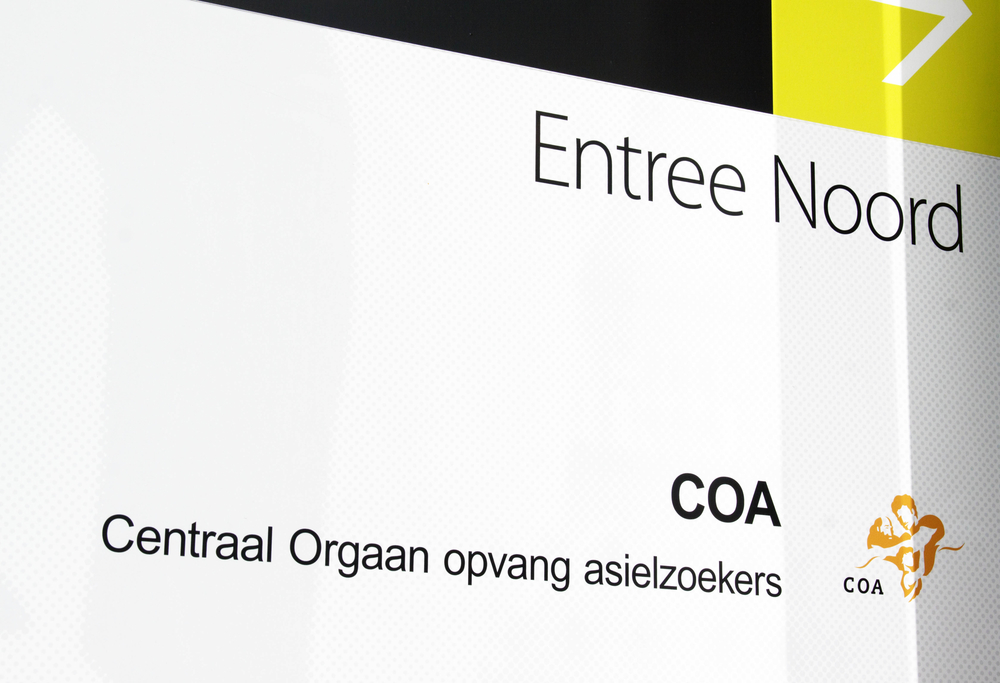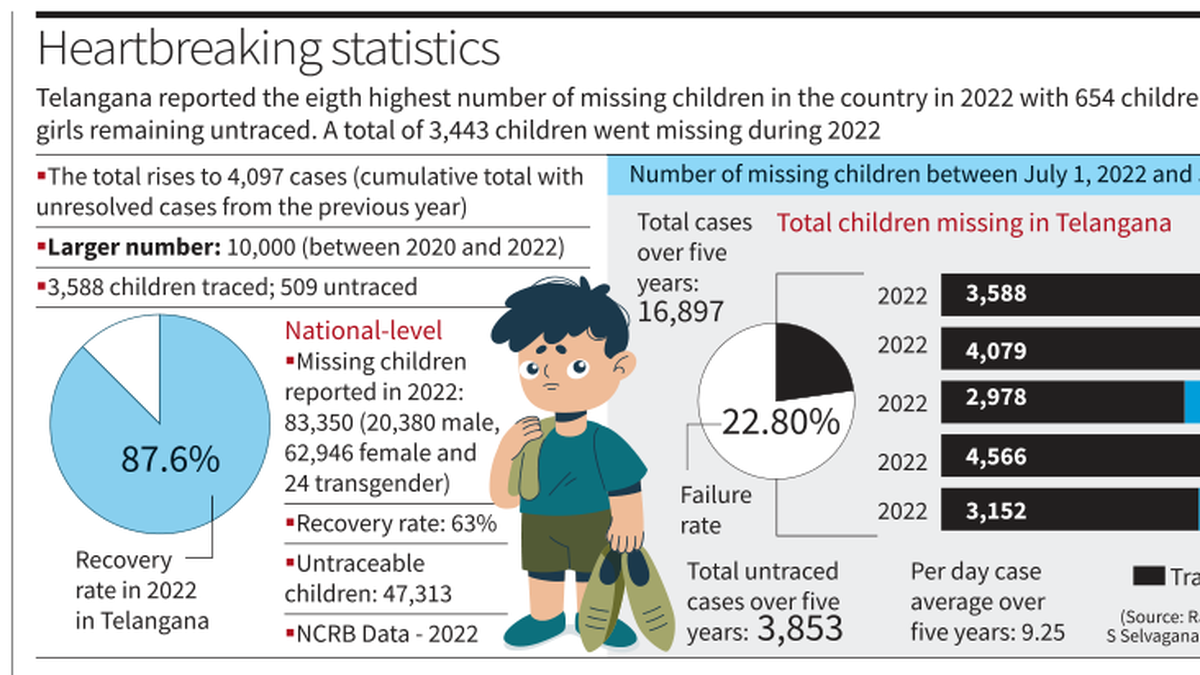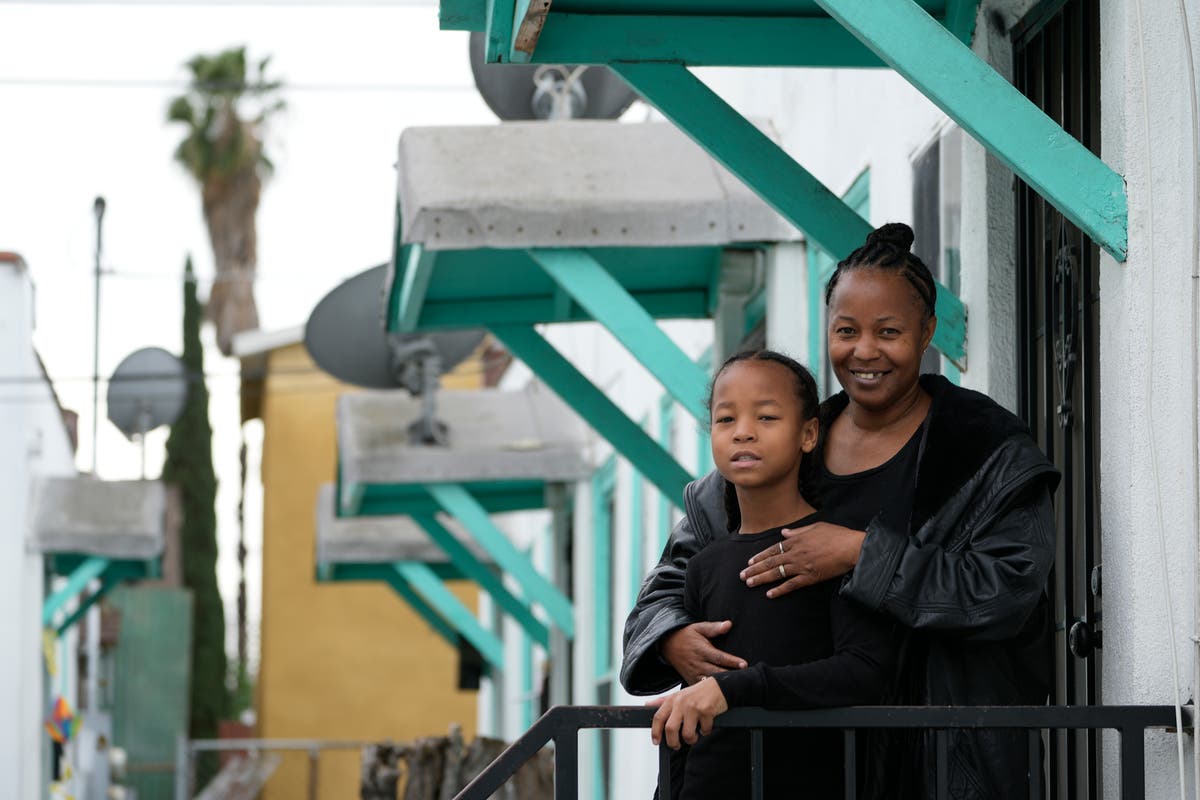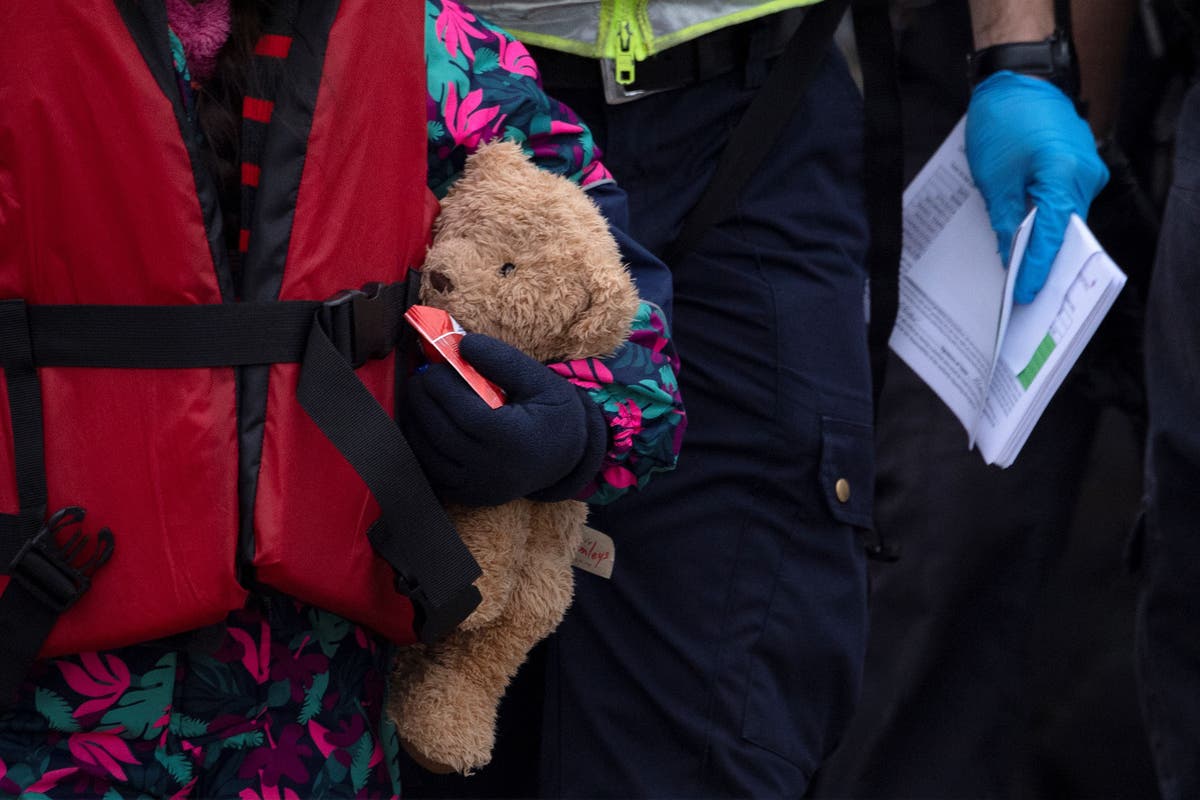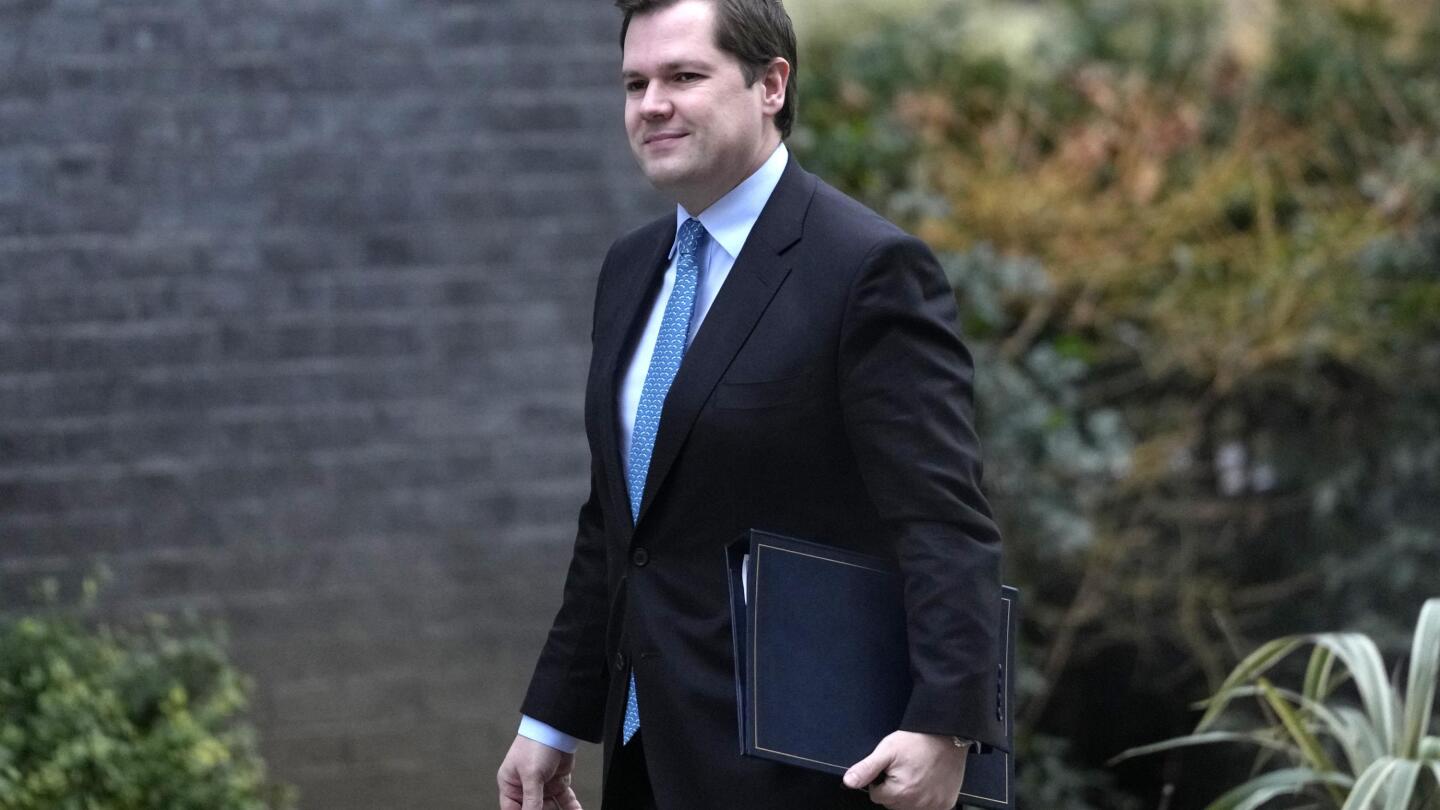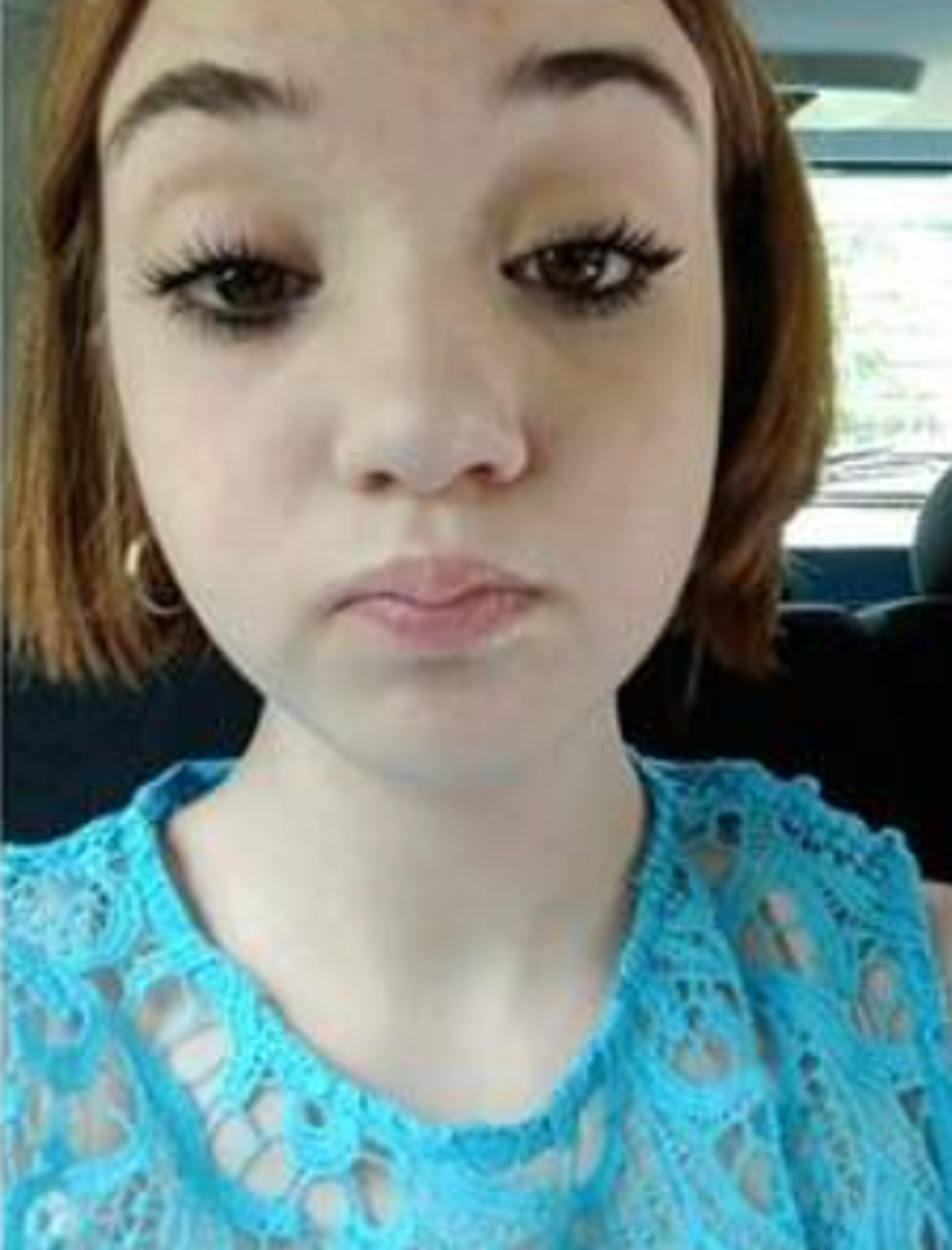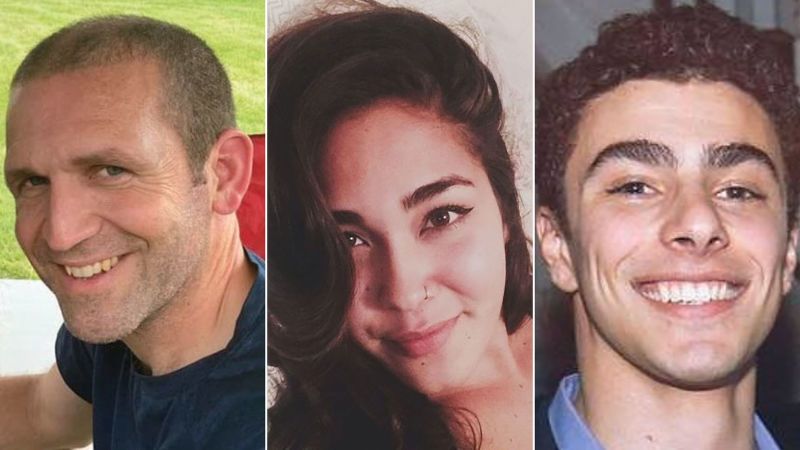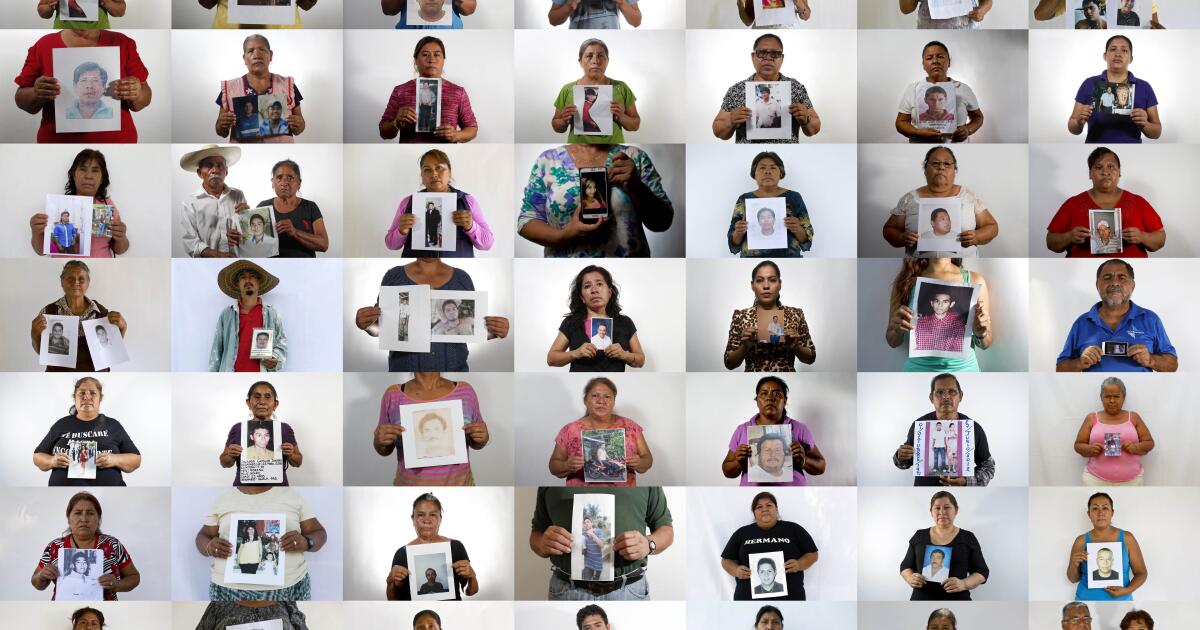
New missing people posters will be 3D - but no longer include the word ‘missing’
The IndependentSign up for our free Health Check email to receive exclusive analysis on the week in health Get our free Health Check email Get our free Health Check email SIGN UP I would like to be emailed about offers, events and updates from The Independent. Giving a clear call to action is a way to make them feel empowered and also feel empathy towards the person they're looking for Behavioural science consultant Anita Braga This has been replaced with the more active phrase “HELP FIND”, as according to research people are more likely to engage when presented with a clear call to action. “Seeing Leah’s face move and smile on these amazing new posters is wonderful and gives us renewed hope that Leah – and other missing people like her – will be reunited with their families.” The academic research on which the new posters are based was compiled by behavioural research experts Influence at Work, led by Steve Martin, faculty director of behavioural science at Columbia University’s Graduate Business School. Behavioural science consultant Anita Braga, who led the research, told the PA news agency: “Very often people do want to act, but they feel like they don’t have the means to, they feel a bit overwhelmed by the situation maybe, and so by telling them “help us” find rather than “missing”. “And then the second thing is the image – we really worked on improving the image clarity and to give the feeling that there is actually a person behind that picture.” open image in gallery Transformed missing person poster of Finn Layland-Stratfield Ms Braga explained that her review of the available research found that having a clear call to action helps people feel less scared and overwhelmed, and more willing to act.
History of this topic
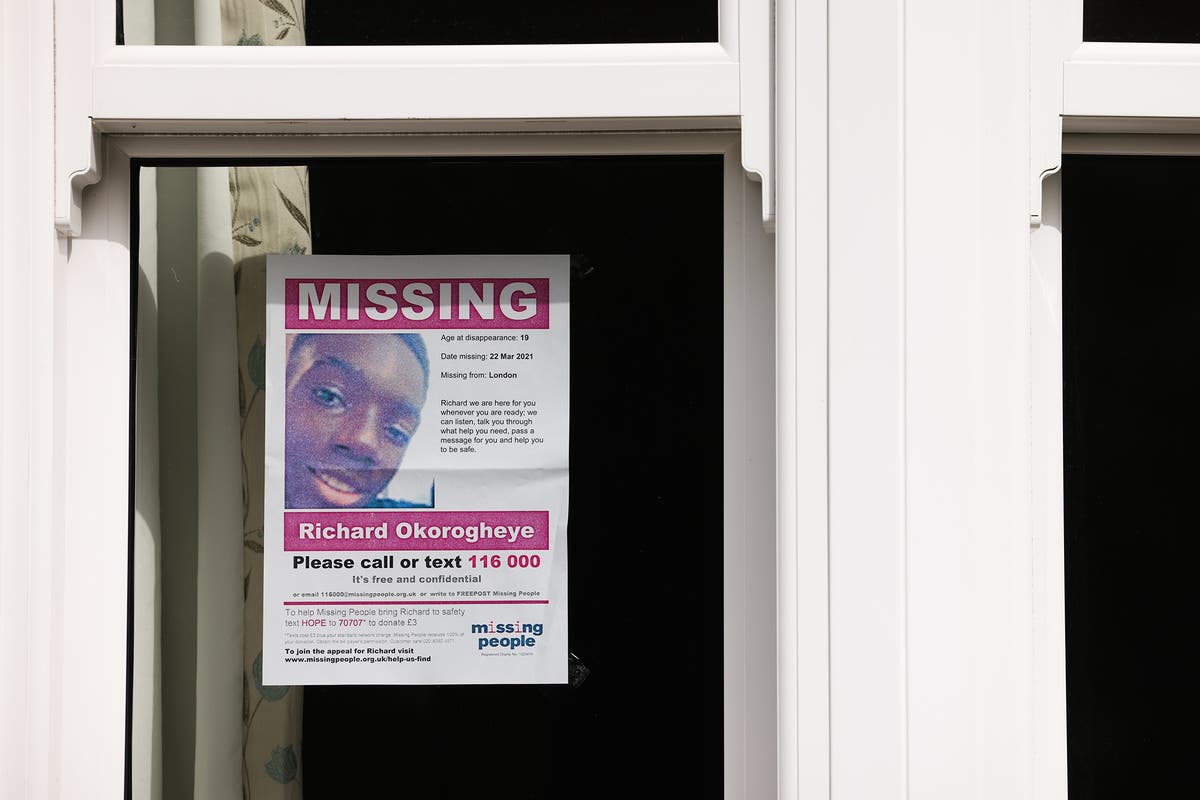
‘I was fobbed off’ – Black missing children are being failed by authorities, researchers say
The Independent
‘Missing’ replaced by ‘help find’ on missing person posters in bid to capture public attention
The TelegraphDiscover Related

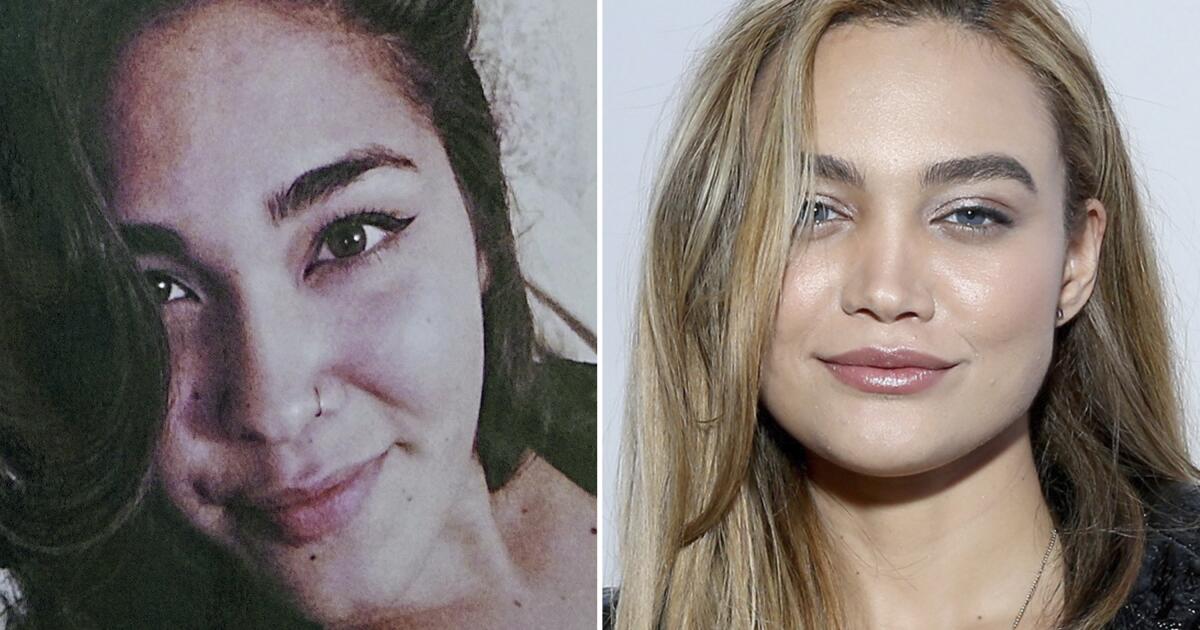




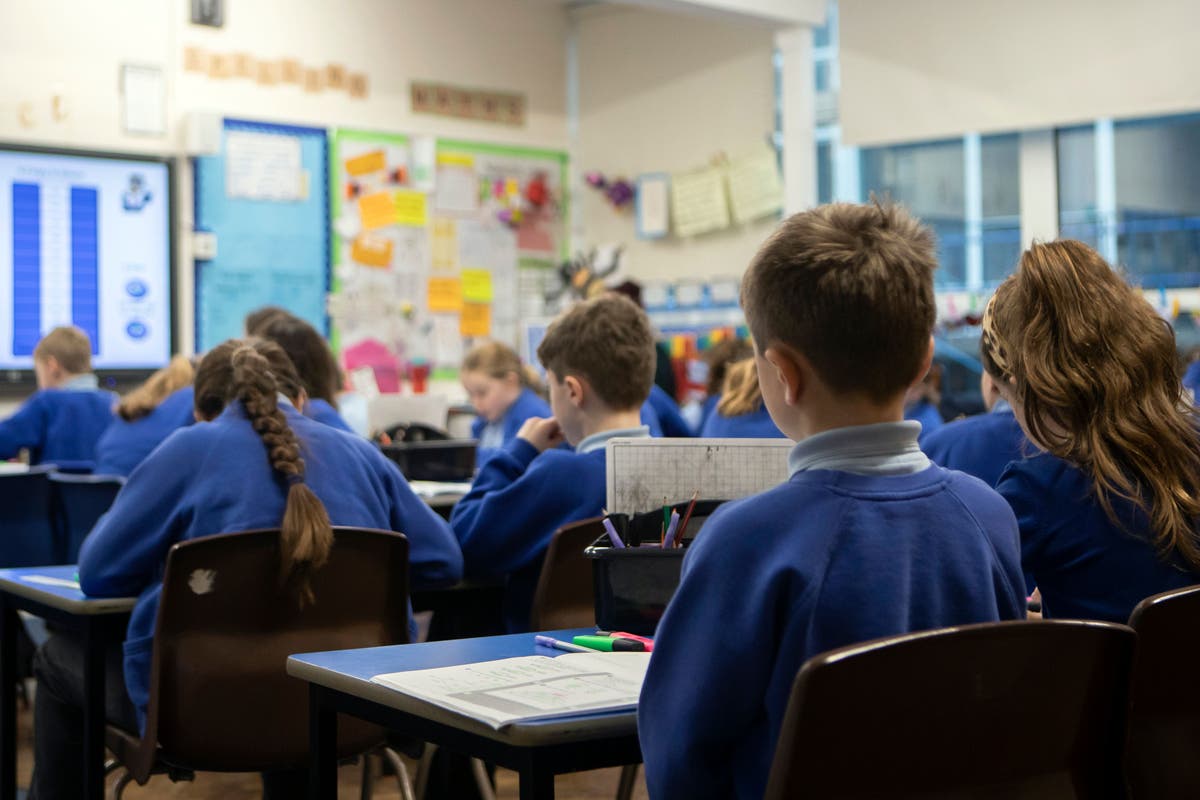
)


